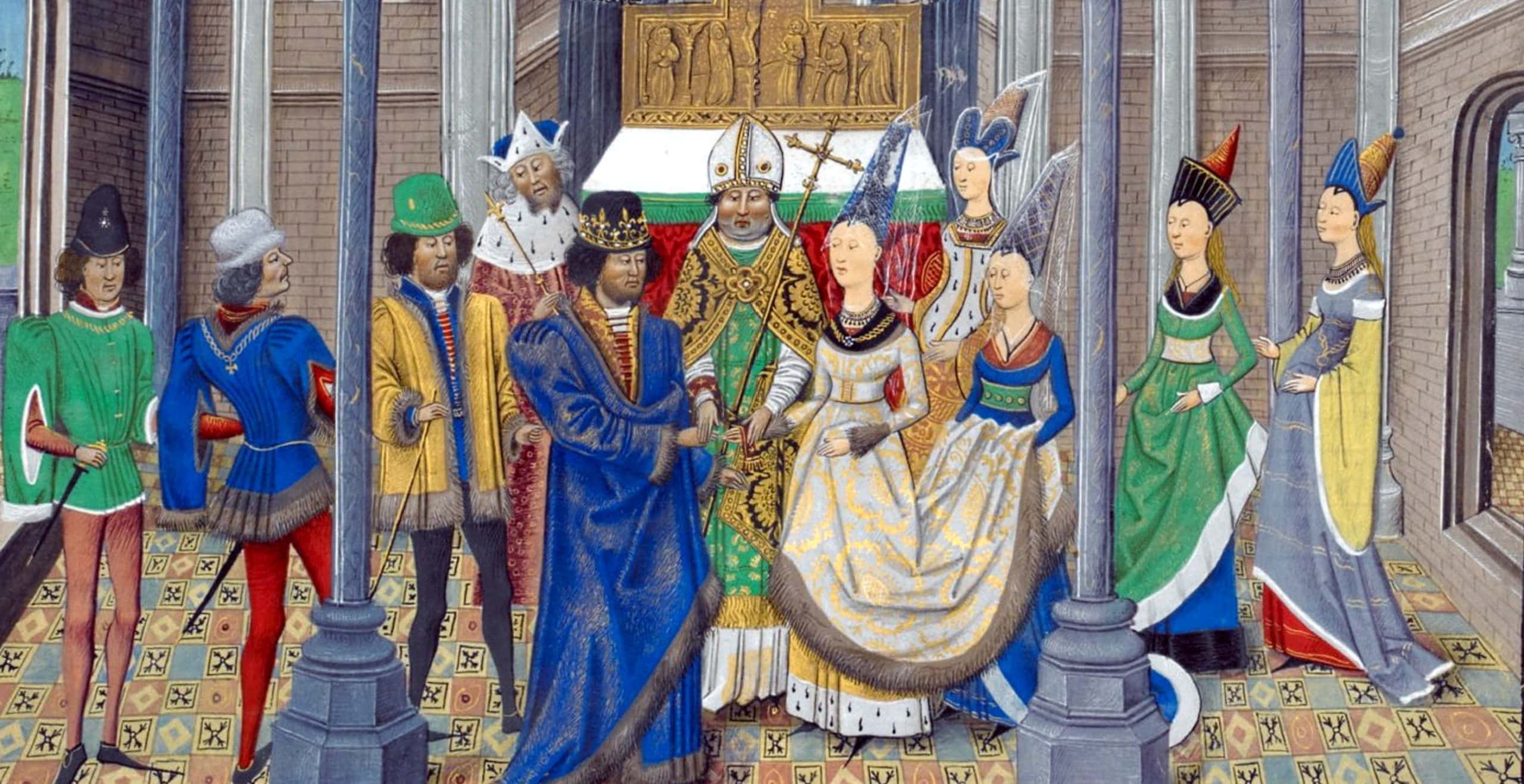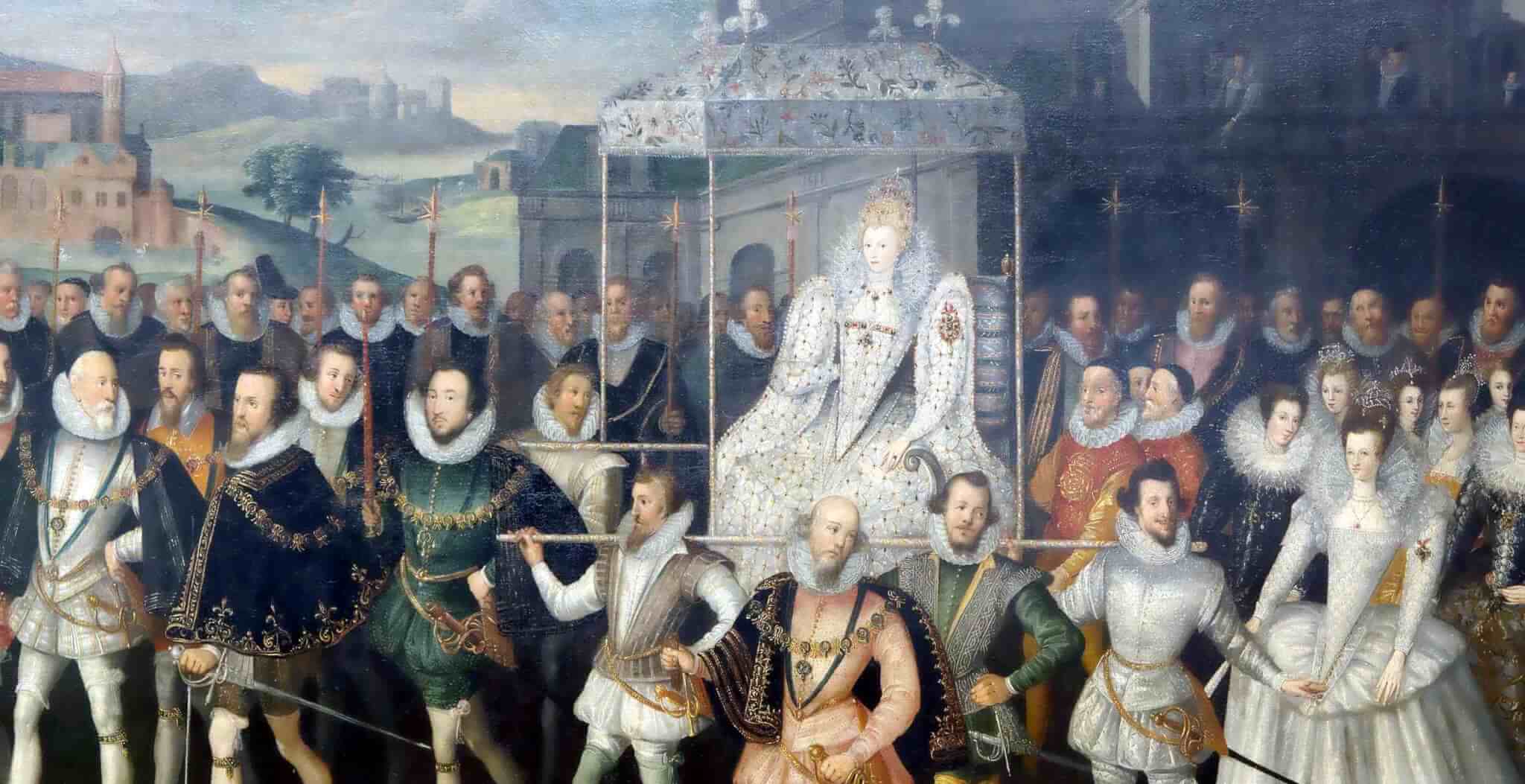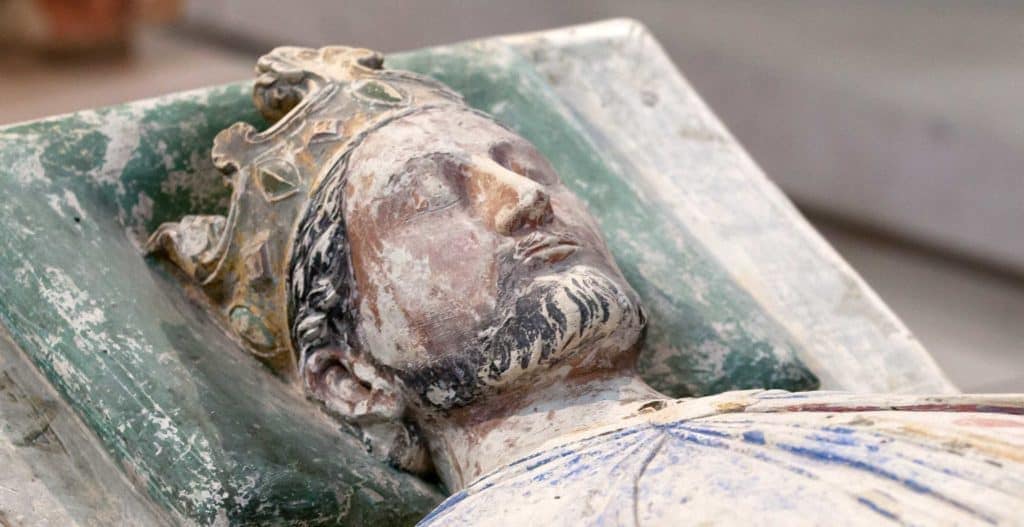Richard I the Lionheart (r. 1189-1199) is perhaps best known for his exploits in the Third Crusade. His war against Saladin is one of the classic stories of medieval chivalry and crusading. But Richard was involved in numerous exploits throughout his life, before and after the Crusade, from rebelling against his father to being captured by the Duke of Austria, to conquering the island of Cyprus. Today, Richard’s adventures on Cyprus are a little-known historical adventure of that most heroic of English kings. This is in part because Cyprus was an accident; Richard had never intended to go to the island, let alone conquer it. Richard’s conquest of the island was an unwanted accident from the start, an oddity for a medieval king on a campaign of conquest.
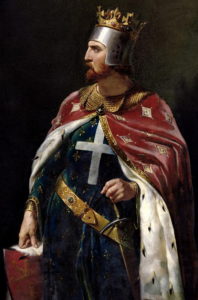
Going on Crusade
After Jerusalem fell to the Muslim leader Saladin in 1187, the Third Crusade was called to recapture the city. Richard had enthusiastically agreed to take the cross. Once he was king of England in 1189, he had the resources to bankroll his crusade, and spent vast amounts of English wealth to fund this campaign. In total, Richard amassed a fleet of a hundred ships to carry his sizable army of a recorded 17,000 men to the Holy Land. While the First and Second Crusades had opted for the land route to Jerusalem through Constantinople, Richard decided to travel by sea.
The fleet was to assemble at Sicily before heading further east. When Richard arrived on the island, it was in turmoil. The long-ruling king of Sicily, William II the Good (r. 1166-1189) had just died. His illegitimate cousin, Tancred of Lecce, took the throne in 1189, even though the legitimate heir was William’s aunt, Constance. Domestic squabbles would have hardly bothered Richard, except that William’s widow was his sister, Joanna. As she was now widowed, she should have received her dowry back from Tancred, but Tancred refused and instead kept Joanna as a captive. Richard demanded that Tancred release her and pay back the dowry, but Tancred only released her with a small sum. In response, Richard captured the Sicilian city of Messina. Tancred, seeing that he could lose his whole kingdom to the crusader army, capitulated and promised to return Joanna’s dowry. After wintering on the island, in 1191, Richard and his fleet were off to the Holy Land.
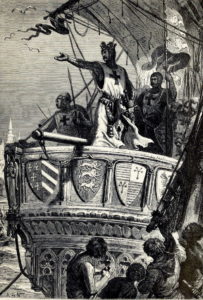
Shipwrecked in Cyprus
Now out at sea, Richard headed for the bastion of the European presence in the Holy Land, Acre. But a storm drove his fleet apart, wrecking several ships along the shore of Cyprus. Cyprus would be Richard’s second island adventure before reaching his actual crusading goal in the Holy Land.
Cyprus was ruled by a local despot named Isaac Komnenos, the self-styled emperor of Cyprus, who had usurped control of the island from the Byzantine Empire in 1184. Upon finding Richard’s crusaders washed up on his shores, he took them prisoner and confiscated the English treasure that had been taken from the shipwrecks. The ship carrying both Joanna and Richard’s fiancée, Berengaria of Navarre, had taken shelter from the storm in the Cypriot port of Limassol, but Isaac effectively kept them as prisoners on board.
Once Richard learned of this, he tried to parley with Isaac, requesting that Isaac compensate him for the wrongs his people had suffered. Isaac supposedly responded with a torrent of uncouth language. According to a contemporary English source, Isaac “prided himself greatly on the imperial rank which he had usurped; exuberant at having remained unpunished for so long, he now thought he could do whatever he liked.” Diplomacy having failed, Richard turned to military strength, as he had in Sicily.

To War
Richard besieged Limassol and quickly captured the city, forcing Isaac to flee and rescuing his sister and fiancée. Richard’s army pursued Isaac, who gathered a numerous army of his own to counter Richard. When the forces entered battle, the result was another English victory. According to a contemporary English chronicle, Richard bravely rode into the fray and unhorsed Isaac, causing Isaac to run away when his army was slaughtered. Richard captured Isaac’s banner and hunted down the remnants of Isaac’s army. After Isaac’s soldiers had been mopped up, Richard marched on Isaac’s capital of Nicosia. Isaac, recognizing his desperate situation, capitulated. Isaac offered over his castles and promised to pay 3,500 marks in compensation to Richard for the ills he had inflicted upon the Englishmen. When Richard approved, Isaac sent him his imperial tent, sealing the surrender of Isaac.
But the very next day, Isaac fled from Nicosia. Isaac heard a rumour from one of his knights, Pagan de Cayphas, that Richard was going to betray him and place him in iron chains (Isaac had a severe phobia of being placed in irons). Richard pursued Isaac yet again and several skirmishes were fought in which the English triumphed. Isaac reportedly mutilated captured English soldiers, but when he was trapped on the northernmost tip of Cyprus at Cape Andreas, he surrendered and groveled before Richard. He begged that Richard not place him in iron shackles. Richard agreed, placing him in silver ones instead.
Ruler of a New Island?
Richard had gone on crusade to retake Jerusalem. Now, almost by accident, he was ruler of Cyprus. If Isaac had not mistreated the English shipwreck survivors, Richard would likely have never campaigned on the island nor become its ruler. Unlike the leaders of the First Crusade, Richard was not in the East to win new lands; he was here to re-capture the Holy Land for Christendom. Richard was now impatient to continue on to the Holy Land and Cyprus was an unnecessary, and unwanted, distraction. Richard’s troops plundered the island’s wealth and he imposed a fifty percent tax to help fund his crusade. Some Cypriots tried to rebel, but the uprising was crushed and the leader executed. Richard then sold Cyprus to the Knights Templar for even more money.

The Templars ruled with just as heavy of a hand as Richard had, and the Cypriot population was quickly in rebellion once more. The Templars practically begged Richard to take the troublesome island back. Richard reluctantly agreed. Meanwhile, in the Holy Land, Richard’s long-time vassal, Guy de Lusignan, was facing significant opposition as king of Jerusalem. Richard decided to solve both problems by giving Cyprus to Guy. It is unlikely that Guy, at that point a rather penniless ruler, paid Richard for the island. But Richard was done with his entanglement with Cyprus and the Lusignan family would continue to rule Cyprus until 1489, when it was transferred to Venice. His accidental rule of Cyprus was finally over.
Michael Goodyear holds a J.D. from the University of Michigan Law School and an A.B. in History and Near Eastern Languages and Civilizations from the University of Chicago, where he specialized in Byzantine history. He has been published in a variety of academic and general-interest publications in law and history, including Le Monde Diplomatique, Ancient History Encyclopedia, and the Harvard Journal of Sports and Entertainment Law.
Published: June 30, 2020.





